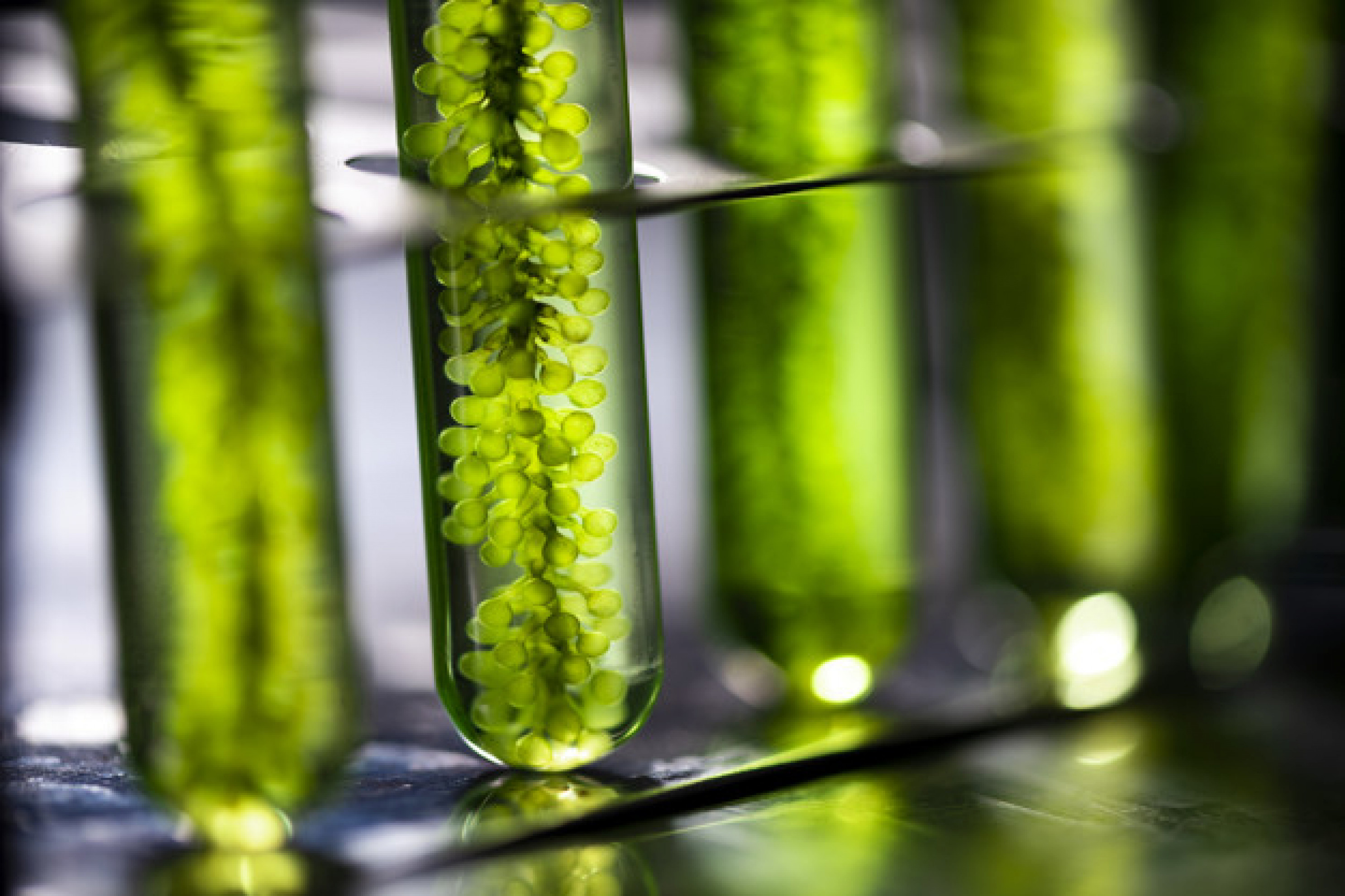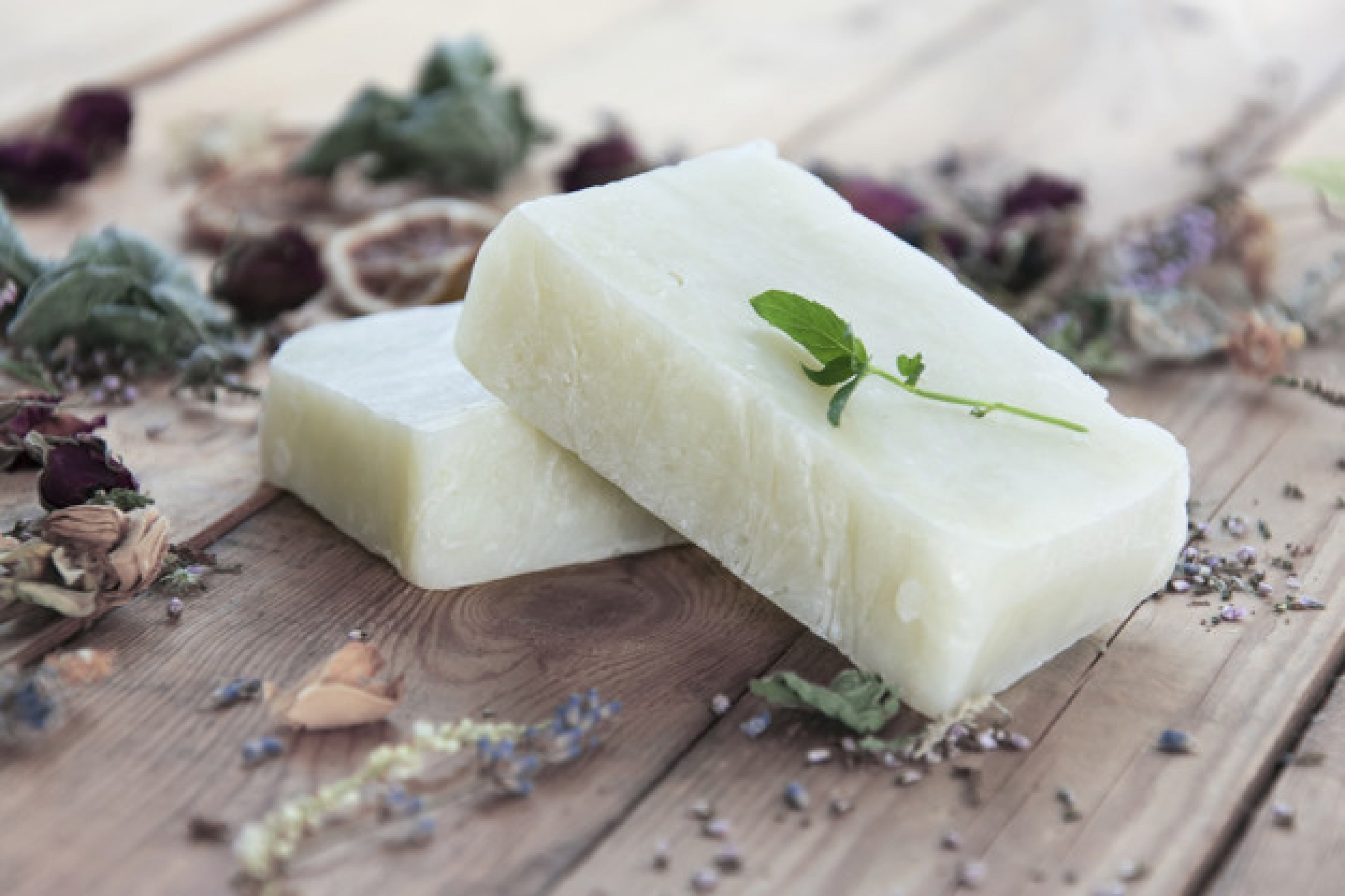Authored by Susan Cheah
Published at 15 Apr, 2021
Commercial Use of the Used Cooking Oil (UCO)
As we know and talked about in the many use of Used Cooking Oil, many manufacturers over the years have discovered even more commercial uses for it, to the extent that it is now dubbed as the liquid gold as it is now a very desirable commodity with many uses.
It is however unfortunate that many businesses and commercial kitchen simple do not have the best practices to trap & store the used cooking old for recycling.
These used cooking oil if trap and stored can be sent to the processing center to remove the unwanted impurities like food residuals, flecks of species, sauces, and debris. It is then shopped to the processing plant to transform the used cooking oil into many reusable products. These products can range from biofuels to cosmetics.
Biofuel
Biofuel is the most commonly manufactured product from used cooking oil, either from vegetable oils like soybean, canola, corn sunflower, or animal fats.

It is one of the more commonly produced renewable fuels, due to the high demands resulted from the expanded U.S. Renewable Fuel Standard. This standard is a U.S. federal law that mandates suppliers of transport fuels like diesel and gasoline to inject a small percentage of biofuels into their products. This is aimed to reduce greenhouse gas emissions with your vehicle tank field with non-pure diesel fuel, with a 2,%, 5%, or 20% biodiesel blend.
Not just in the United States, but many other countries have also implemented similar laws, while Dubai is leading the change in sustainable fuel for transport, it is now the first city in the world to adopt a 100% biodiesel fuel, starting with its municipal vehicles.
By collecting used cooking oil from the commercial kitchen and facilities, they can be processed to be the feedstock for the manufacturer of the biodiesel, so they do not have to buy freshly produced vegetable oil. This does not only reuse the waste, increasing its lifetime value, but also helped to prevent widespread inflation in the food industry driven by the manufacturer demands if no used cooking oil is being used as the feedstock.
Cosmetics
Oil is also a crucial ingredient in the manufacturing of cosmetic products like lipsticks, concealer, eye shadow to even skincare and hair care products. The oil concentration of these products varies from 1% to 99%, which is responsible for the soft texture and spreading properties.

Manufacturers of these cosmetic products usually add yeast to the used cooking oil (UCO) and allow it to ferment, to produce biodegradable surfactants also known as sophorolipids. It is a natural by-product that is important to the cosmetic industry for various reasons, among them are that the consumer trend now favors the environmentally friendly and natural products and further support by the fact that formulations using biosurfactants instead of chemical often product great cosmetic product if not better.
Soap
To produce soap, the chemical reaction used is known as Saponification. The process requires two primary ingredients, an alkaline base typically sodium hydroxide (also known as lye) and fat, in this case, oil. It is a straightforward process that can even be worked at home.

There are basically two popular methods of soap production - either the cold process or the hot process. The two processes vary a little with both started off by heating the oil to 43°C before adding the lye solution. The oil and lye are then blended until the mixture reaches trace - the stage where the soap has emulsified and is ready to be poured into a mold, to shape the soap.
Manufacturers can also add other ingredients for coloring and fragrance purposes, such as essential oils, milk, or coloring essence. These products are actually very popular as well due to their unique textures and fragrance.
Animal Feeds
A more complex process can be used to recycle fats and oils to make food for livestock. For Feed product must meet strict criteria for their UCO source, formulation and incorporation processed.
This is however a very important part of the renewable economy as it reintroduces wasted used cooking oil (UCO) into the food chain. The producer however must take extra care in the production process. Contaminated feed can compromise livestock health and the quality of meat produced, which in turn could affect human consumers. These if done rightly, can definitely be significant steps towards the circular economy.
Conclusion
Recycling cooking oil companies are significant and positive components that can make significant import of thousands of lives through its role in environmental preservation as well as opening up a new market, business opportunities, and then jobs.
If you run a commercial kitchen, you can consider having a professional used cooking oil (UCO) recycling company like Capital Oil to help you with recycling your used cooking oil, to save the environment and have some profit from it.
Capital Oil offers a quick, clean, and timely collection of Used Cooking Oil (UCO). Collection schedules are established in advance with customers to ensure there are no overflows of UCO and are generally scheduled on a weekly service cycle. We can also customize a collection interval to suit your specific needs.
